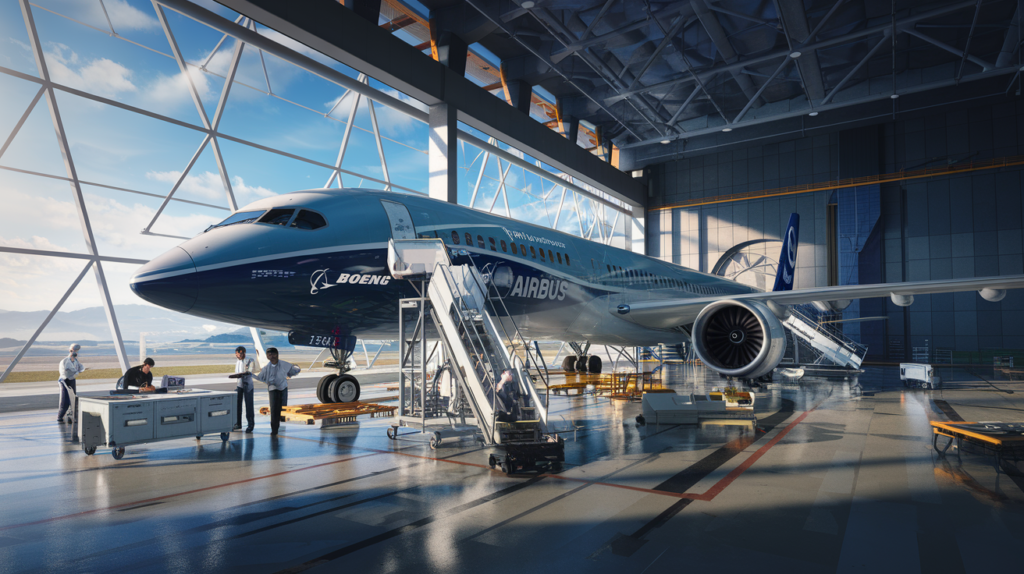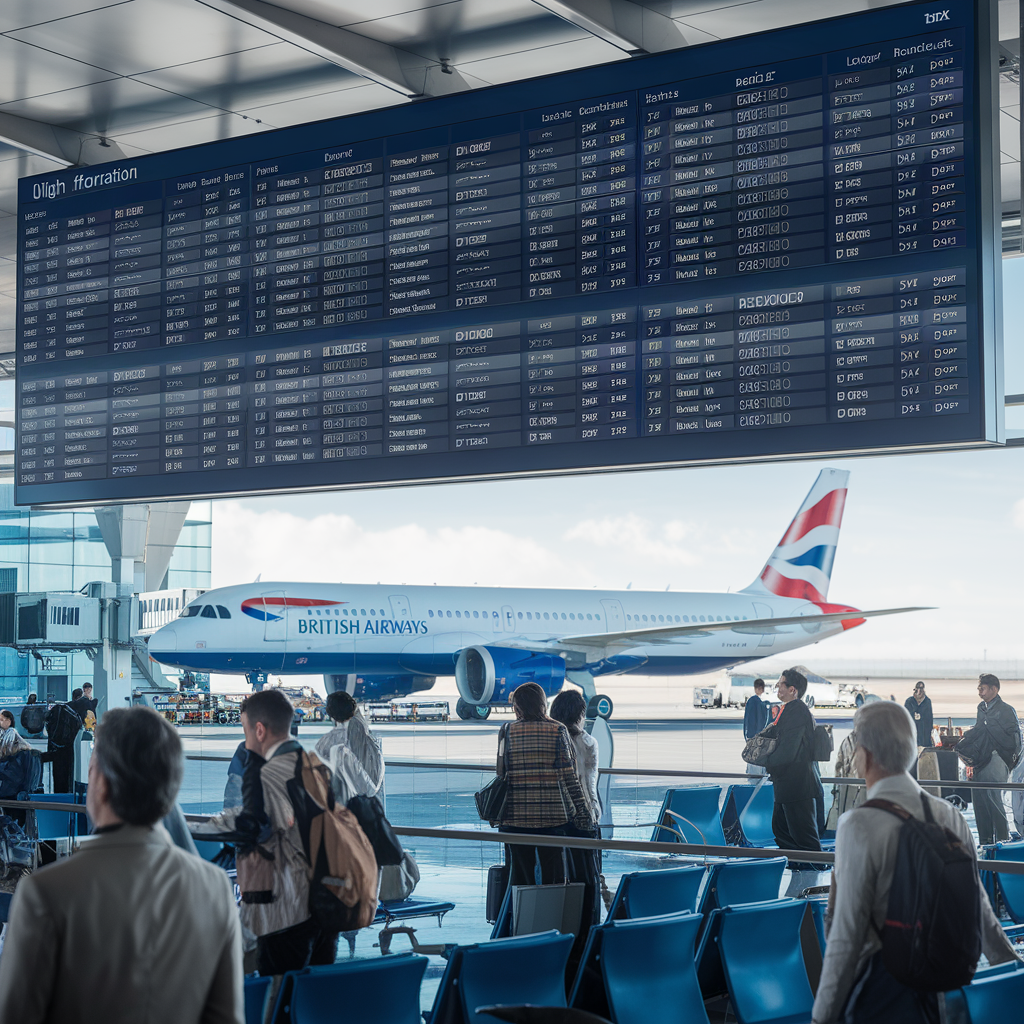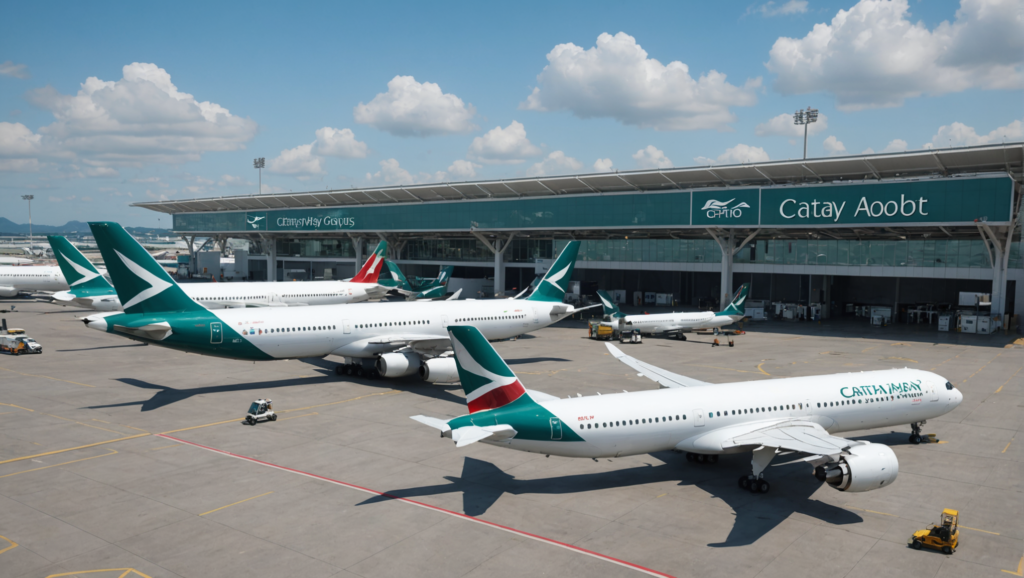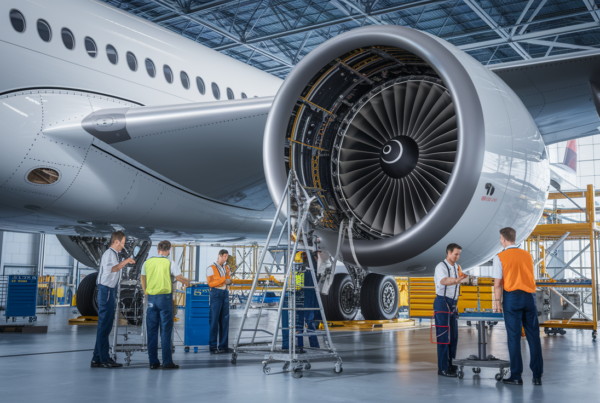Garuda Indonesia, Indonesia's national airline, has ambitious plans to expand its fleet. According to recent statements by newly-appointed CEO Wamildan Tsani Panjaitan, the aim is to add 15 to 20 aircraft by 2025. This strategic reinforcement is designed to meet growing demand and intensify the company's operations. In preparation for this expansion, Garuda Indonesia also plans to integrate two additional aircraft before the end of 2024, and a further two by January 2025. This initiative is part of the company's strategy to gradually double its fleet capacity.
Garuda Indonesia and its Air Expansion: Looking to the Future
The airline Garuda Indonesia has unveiled an ambitious plan to expand its fleet by 15 to 20 new aircraft by 2025. This decision marks a significant turning point for one of Asia's leading airlines, faced with growing demand for air transport in the region. This plan is part of a broader development strategy to meet the needs of a dynamic and constantly changing market.
Garuda's Objectives: Strengthening Capacity and Flexibility
At the heart of this expansion plan lies the objective of double capacity Garuda Indonesia's operations, and to give the company greater flexibility in terms of routes and services. It is essential to adapt to new travel trends and consumer preferences, especially after the recovery of the airline industry. The addition of 15 to 20 aircraft should give Garuda the opportunity to multiply its destinations and improve its flight frequencies.
A Strategy Aligned with Global Trends
Garuda Indonesia is not the only airline considering fleet expansion. Several other carriers, such as Singapore Airlines and Scoot with their gigantic fleet 205 aircraft, are mobilizing to secure a leading position in the market. Garuda's expansion reflects a global trend in which airlines are seeking to strengthen their networks and increase capacity.
Acquiring Modern Equipment to Meet the Challenges
In addition to increasing the number of aircraft, the company plans to integrate modern, energy-efficient aircraft to meet environmental and economic challenges. Comparisons can be made with companies such as Boeingwhich forecast a significant increase in the Asian fleet using advanced technologies. This transition to a more sustainable fleet is crucial to meeting growing international standards on carbon emissions.
The Asian and International Competitive Context
This expansion comes at a time of intensifying competition throughout Asia and beyond. Emerging and established carriers are investing heavily in fleet development. For example, the Avolon to reinforce its Airbus A320neo fleet is a sign that expansion has become a priority in order to remain competitive. Garuda must therefore navigate a commercially-charged environment while making its services more attractive to tomorrow's travelers.
Challenges to overcome for Garuda
While the announcement of such an expansion is promising, it comes with many challenges. The logistics of integrating new aircraft, training pilots and staff, and adapting airport infrastructures are all crucial elements to manage. What's more, it's essential to optimize the customer experience to keep up in a market where expectations are constantly rising.
In short, Garuda Indonesia faces a future full of promise and challenge. Its quest to expand its fleet from 15 to 20 aircraft by 2025 is a bold move that could well define the future of air transport in the region.
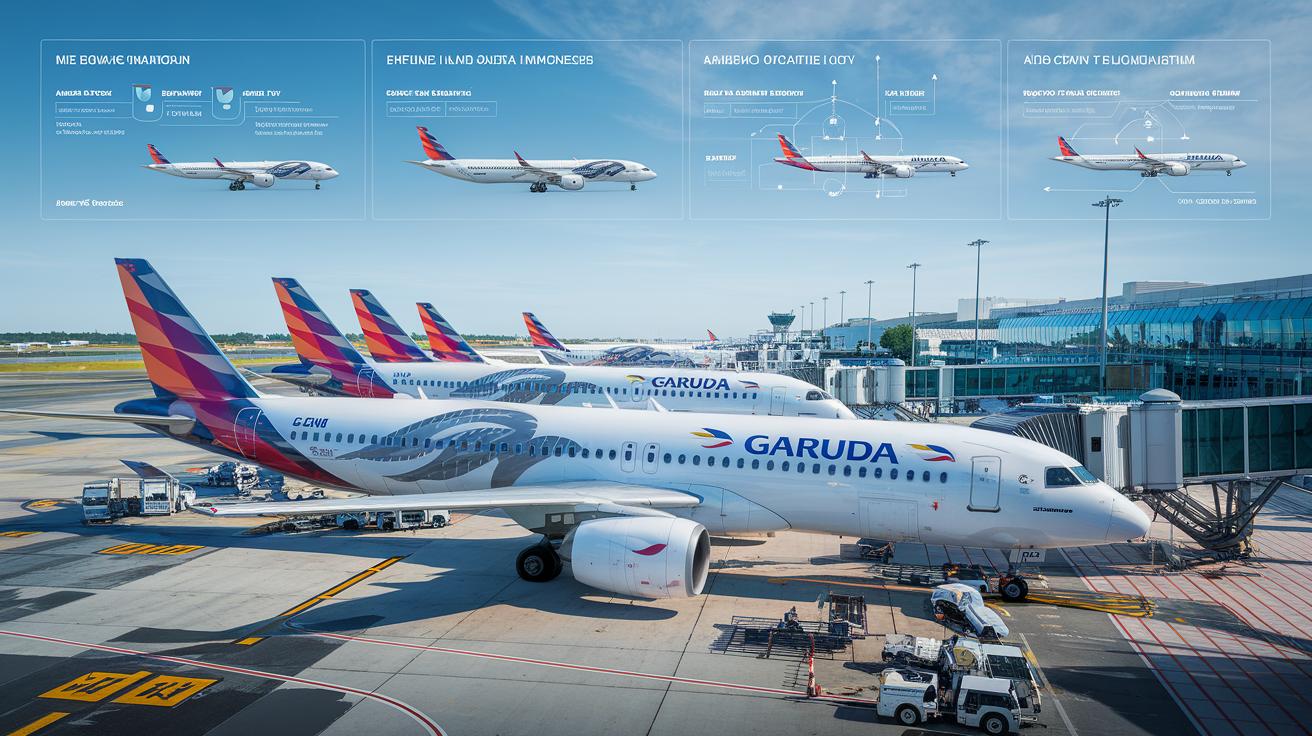
Garuda Indonesia Fleet Expansion Comparison
| Aspect | Details |
| Target year | 2025 |
| Number of additional aircraft | 15 to 20 aircraft planned |
| Main objective | Significant fleet expansion |
| Current fleet (2024) | 172 aircraft |
| Aircraft scheduled by the end of 2024 | 2 additional aircraft |
| Aircraft scheduled for early 2025 | 2 additional aircraft |
| Overall ambition | Increased capacity to support growing traffic |
| Project author | New CEO Wamildan Tsani Panjaitan |
| Long-term strategy | Strengthening competitiveness in the Asian market |
On the same theme
Boeing and Airbus join forces to meet China Airlines' airliner order from Taiwan
Taiwanese carrier China Airlines is preparing to place a major multi-billion-dollar order for airliners, split between the two aviation giants, Boeing and Airbus. The models envisaged to replace the ten Boeing 777-300ER...
British Airways cuts hundreds of flights due to aircraft shortage
British Airways, faced with a shortage of engines and parts, has drastically altered its flight schedule. Almost 10,300 flights have been cancelled until the end of the year, particularly affecting departures from London. These adjustments are also the result of...
Cathay Group orders an impressive 30 A330neo aircraft
The Cathay Group recently announced a surprise order for 30 A330neo aircraft. This major acquisition reflects the company's determination to strengthen its fleet and consolidate its market position. A strategic decision that promises...

